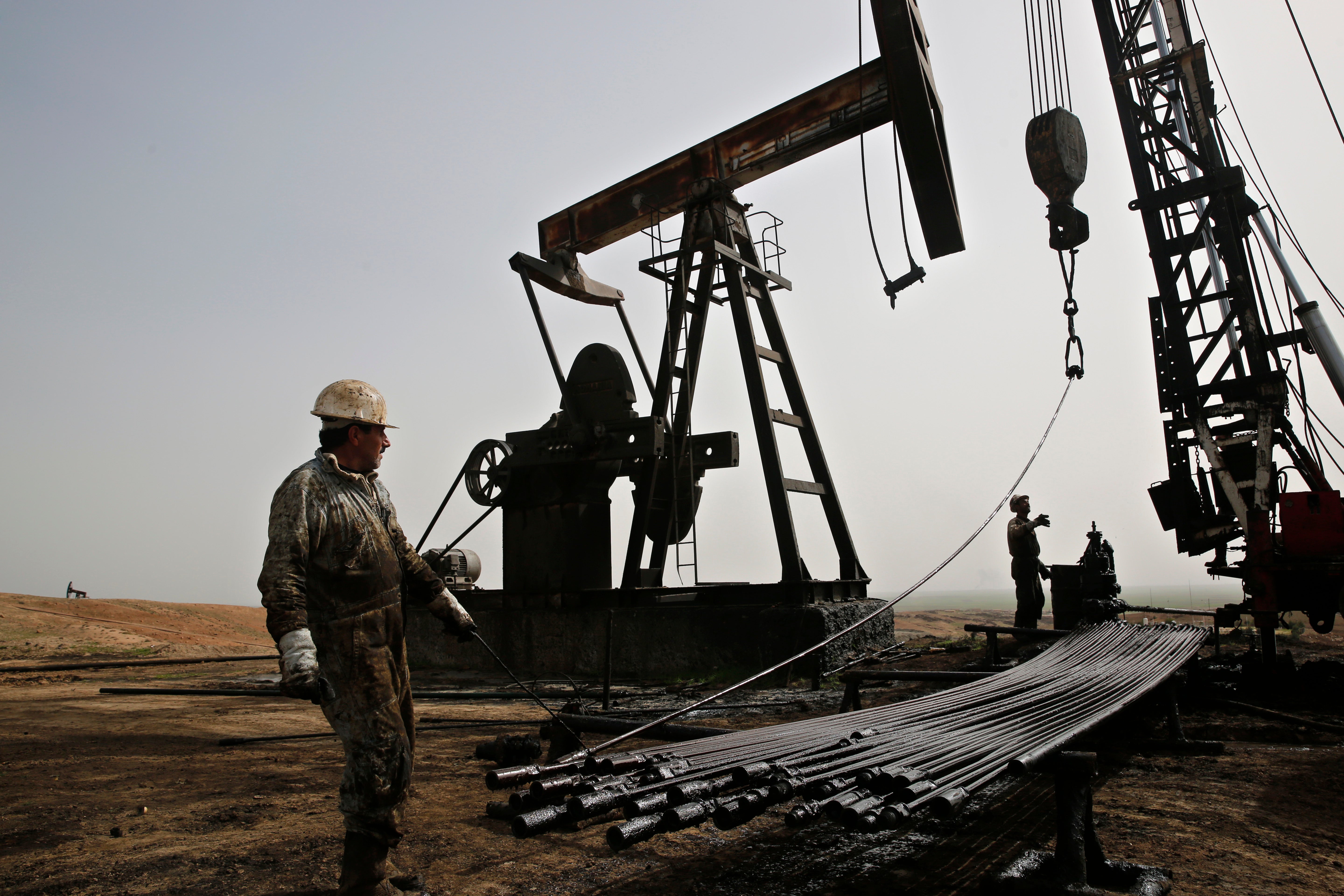As ties warm, Syria to host a 2024 Arab energy conference
Syria's energy ministry says Damascus will host an Arab energy conference in 2024

Your support helps us to tell the story
From reproductive rights to climate change to Big Tech, The Independent is on the ground when the story is developing. Whether it's investigating the financials of Elon Musk's pro-Trump PAC or producing our latest documentary, 'The A Word', which shines a light on the American women fighting for reproductive rights, we know how important it is to parse out the facts from the messaging.
At such a critical moment in US history, we need reporters on the ground. Your donation allows us to keep sending journalists to speak to both sides of the story.
The Independent is trusted by Americans across the entire political spectrum. And unlike many other quality news outlets, we choose not to lock Americans out of our reporting and analysis with paywalls. We believe quality journalism should be available to everyone, paid for by those who can afford it.
Your support makes all the difference.Syria will host an Arab energy conference in 2024, the country's energy ministry said Thursday, the latest sign that Arab countries are moving to re-engage with the government of Syria's embattled President Bashar Assad
The announcement followed a unanimous vote from members of the Organization of Arab Petroleum Exporting Countries during a virtual meeting Thursday, the ministry said. The conference will be held in Damascus according to a ministry statement on Facebook and the official state news agency SANA. Qatar is hosting the 2023 conference.
Arab countries have in recent months been making limited moves to improve relations with Syria, a decade after it was shunned and kicked out of the Arab League at the onset of the country’s civil war in 2011.
The rapprochement has included the reopening of several embassies, visits by Arab officials to Damascus and restoring some commercial ties with the war-torn country. The moves are a recognition of the facts on the ground — after years of war and despite the initial support by some Arab countries to his opposition, Assad's government has survived and his forces have regained control of much of the country.
Syria’s civil war has displaced half of its population, killed hundreds of thousands and driven the country’s economy into the ground.
Before the war, Syria produced 350,000 barrels of oil a day, exporting more than half of it. It now averages around 24,000 barrels a day, covering only a fraction of domestic needs. Most of its oil fields are in the hands of Kurdish-led forces, who administer an autonomous region in the country's northeast. Assad’s government has relied on a top ally, Iran, for oil supplies.
In recent weeks, a deal was signed with Egypt to extend natural gas through Syria to Lebanon using an Arab oil pipeline that has been out of service for a decade.
OAPEC was founded in Beirut in 1968 with Saudi Arabia, Kuwait and Libya as its first members. Its headquarters are in Kuwait. Algeria, Qatar, the United Arab Emirates and Bahrain joined three years later. The organization’s charter was later changed to allow members where petroleum is an essential source of income, though not the main one. Syria and Egypt also subsequently joined the group.
The organization’s website says the total reserves of the member states are estimated at 704 billion barrels a year.